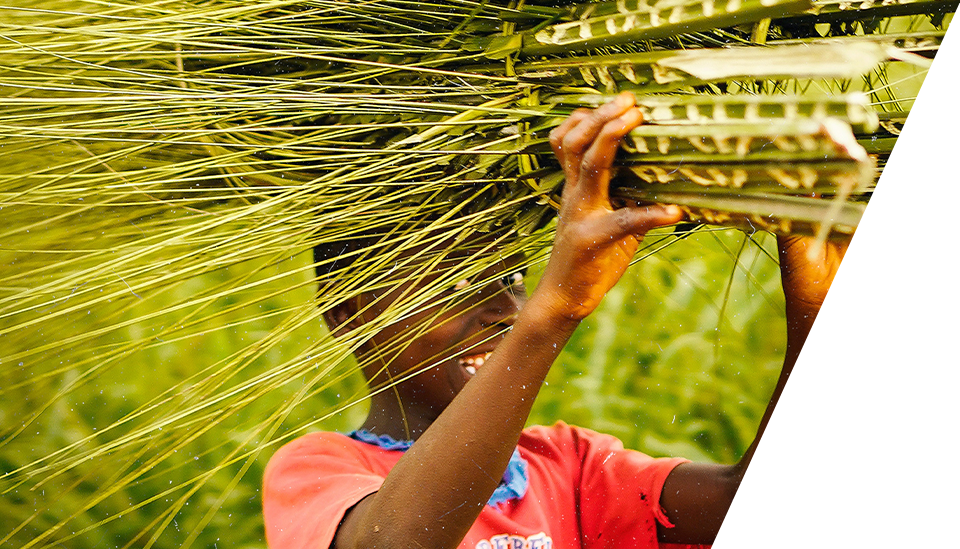Q&A: Ensuring Food Security for All
As the Ambassador of the Republic of the Sudan to Italy and Permanent Representative of the Republic of the Sudan to the UN Food and Agriculture organizations in Rome, Amira Daoud Hassan Gornass, takes-up her role as Chair of the Committee on World Food Security (CFS), she shares her vision for the future of food security.
Rome, Italy, Jan 19 2016 (IPS) – Coming from a developing country where, in our generation, we have experienced the devastating effects of food insecurity and the complexity of its root causes, I take to heart the objective of ensuring that during my mandate, CFS will make a ‘real’ difference to people’s lives. Achieving results is something that we owe each and every undernourished person who today, in 2016 goes to bed hungry. There is still an unacceptable 793 million people in this condition worldwide! Ensuring food security for all is also something that we owe our children.
Today, in our inter-connected 21st century world, the persistence of hunger and malnutrition is both unacceptable, and complex to tackle. Root causes are many, they are interlinked, and they will only be addressed successfully if all actors involved, governments, civil society, the private sector, UN organisations and the international development community generally, including research organizations, come together and agree on the policy and actions that are necessary. This is why CFS, as the most inclusive platform for all stakeholders to work together on global food security and nutrition policies, has been called upon to play a major role in two crucial areas: implementation of the 2030 Agenda for Sustainable Development, and the recommendations of the Second International Conference on Nutrition.
Both the review and follow-up to implementation of the 2030 Agenda, and particularly of its second goal, “End hunger, achieve food security and improved nutrition and promote sustainable agriculture”, as well as action to eradicate malnutrition in all its forms, will require platforms able to ensure inclusiveness, efficient science-policy interfaces, and an approach which breaks down silos.
Thanks to quality reports by its High Level Panel of Experts, and the participation of the different stakeholders around the table, CFS negotiates policy tools which are based on facts and evidence, and enjoy wide legitimacy and ownership. We can no longer argue that we lack the understanding or knowledge of the consequences of our actions, and today, we must all be held accountable for our actions and our choices.
Accountability is another priority that I have set myself for CFS in the coming biennium. Reality is fast changing, and CFS must be ready to evolve to stay inclusive, transparent, effective, and relevant. CFS must continue its constructive self-questioning, and examine whether its procedures are efficient, whether it is as inclusive as it should be, whether the science-based reports support policy negotiations as well as they could, and so forth. This year, we plan to carry out an independent evaluation of CFS, and we are looking forward to the results, in order to continue evolving and improving.
These new priorities represent a major turning point for CFS, and will no doubt involve challenges, as well as opportunities to prove that a participatory, inclusive model such as CFS is the future for sustainable development. I look forward to this biennium, and to achieving a lasting impact together with all CFS stakeholders!
Read an exclusive inteerview with Ambassador Gornass conducted by IPS on the IPS website.

